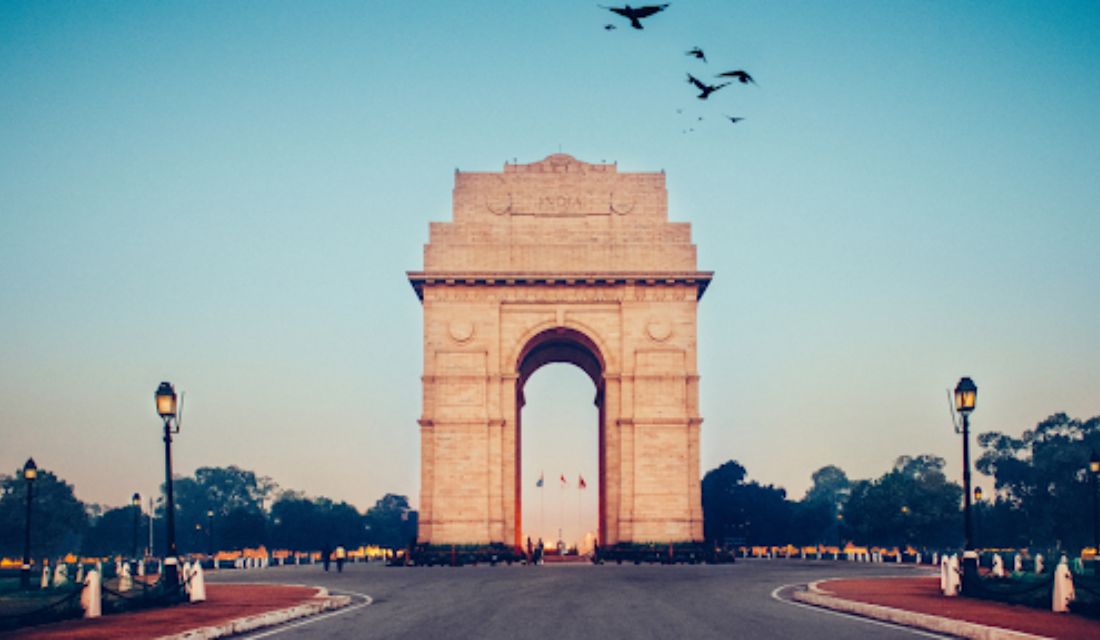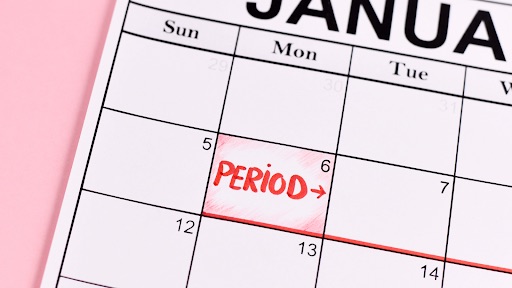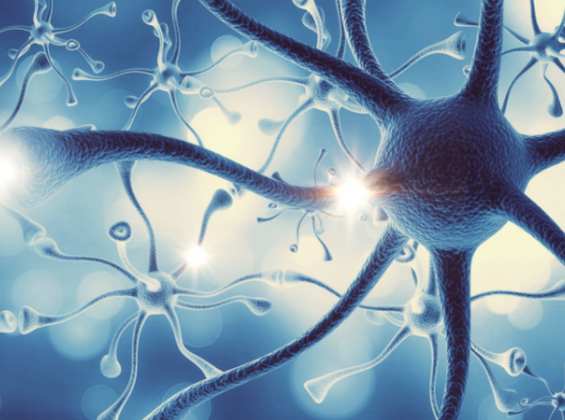
24-year-old Tanisha used to live in Indore, the cleanest city in India. She wanted a change in her career, so she left her remote job and started looking for a new one.
Soon, she gave some interviews and got a new job as a content editor in a health tech startup. However, this was a full-time opportunity for which she would have to move to Noida. Her family was happy but was concerned that the city was crowded and had high air pollution.
Tanisha’s parents were concerned as she was leaving a city like Indore and moving to Noida. They knew the city’s water and air were polluted, which is unsuitable for one’s health.
However, Tanisha accepted the job offer, packed her bags, and ensured her parents that she would take extra measures and stay safe.
The young, determined lady Tanisha joined the company on the joining date. She was welcomed by the company and was introduced to the trainer.
She completed her three months of training and finally joined her team. Everything in the last six months was normal. Tanisha would get up early, get ready for the office, work all day, and return in the evening.
One strange thing that Tanisha noticed was her irregular menstrual cycle. Talking about her past, Tanisha always had irregular periods for so many years. This was due to her hormonal imbalance which caused irregular periods all her teenage years.
To treat this back then, she took an entire medication course, started exercising, and brought her 45-50 day period cycle to a 30-day cycle.
The best part is that she never faced any issues for the last two years, and her period cycle was regular. However, from the previous six months in Noida, her cycle was sometime 35 days, 40 days, and sometimes 50 days. She only got her periods four times in these last six months.
It was strange, and Tanisha highlighted this to her mother on the call.
“Hi, Mom. I need to share something with you.” Tanisha told her mother.
“Yes, Tanisha. What is it? You look so tense.” her mother replied.
“Do you remember I told you I got late periods in the first month I shifted here? It has been constant since then, and my menstrual cycle is irregular now,” Tanisha said.
“This is strange. Let’s consult your doctor and tell her that you’re facing the same issue again after two years.” her mother said.
Tanisha instantly booked an appointment with her old gynecologist, took a leave from her office and went to Indore to meet her doctor.
“Hi doctor, as I told you on the phone, I am concerned about my reproductive health. What can be wrong?” Tanisha asked the doctor.
“Tanisha, please tell me a few things before we rule out anything. Are you eating more junk food, stopped exercising, and have a bad sleeping cycle?” the doctor asked.
“Ma’am, I eat healthy homemade food with 30 minutes of daily yoga. I also sleep on time and get up early." Tanish replied.
It was strange. What could suddenly affect her menstrual cycle if Tanisha followed a healthy lifestyle? Tanisha told the doctor that she had been facing this issue since she moved to Noida.
The doctor did some tests and found nothing was wrong with the tests. Everything seemed right. After studying her case properly, the doctor finally found a link that could be true: air pollution affecting reproductive health.
Strange? Don’t believe it? Let’s see how this can be true.
“Tanisha, one reason that could affect your menstrual cycle is air pollution. As you recently shifted to Noida, a city with poor AQI, the prolonged exposure to air pollutants around you may have disturbed your cycle.”
The doctor added, “Various studies have shown that air pollutants disturb the hormone secretion in the body, which in turn disturb a menstrual cycle in females. Air pollutants especially known as xenoestrogens can be responsible for these disturbances.”
Yes, this is true.
Air pollution can affect your menstrual cycle and cause issues during pregnancy like low birth weight, stillbirth, etc. Overall, exposure to air pollution for a long time can affect female and male fertility causing infertility issues.
The biggest question: What can be done?
Tanisha’s doctor told her to take extra care of her diet, lifestyle, and sleeping schedule and not forget that the culprit, in this case, could be air pollution. So she asked her to move back to Indore if possible. If not, follow these simple steps that can help.
- Always wear a mask outside to block inhaling polluted air.
- Avoid heavy traffic or areas with high smoke or smog.
- Close your car windows in heavy traffic.
- Check the AQI and then plan your outings accordingly.
Tanisha followed these steps very carefully, and after four months, her menstrual cycle came on track. Similarly, we need to understand that air pollution harms our overall health, and one should not ignore it.
Share this blog with your friends who live in highly polluted cities. Let’s remind them that they are special and we care for them.








Leave A Comment
Your email address will not be published. Required fields are marked.